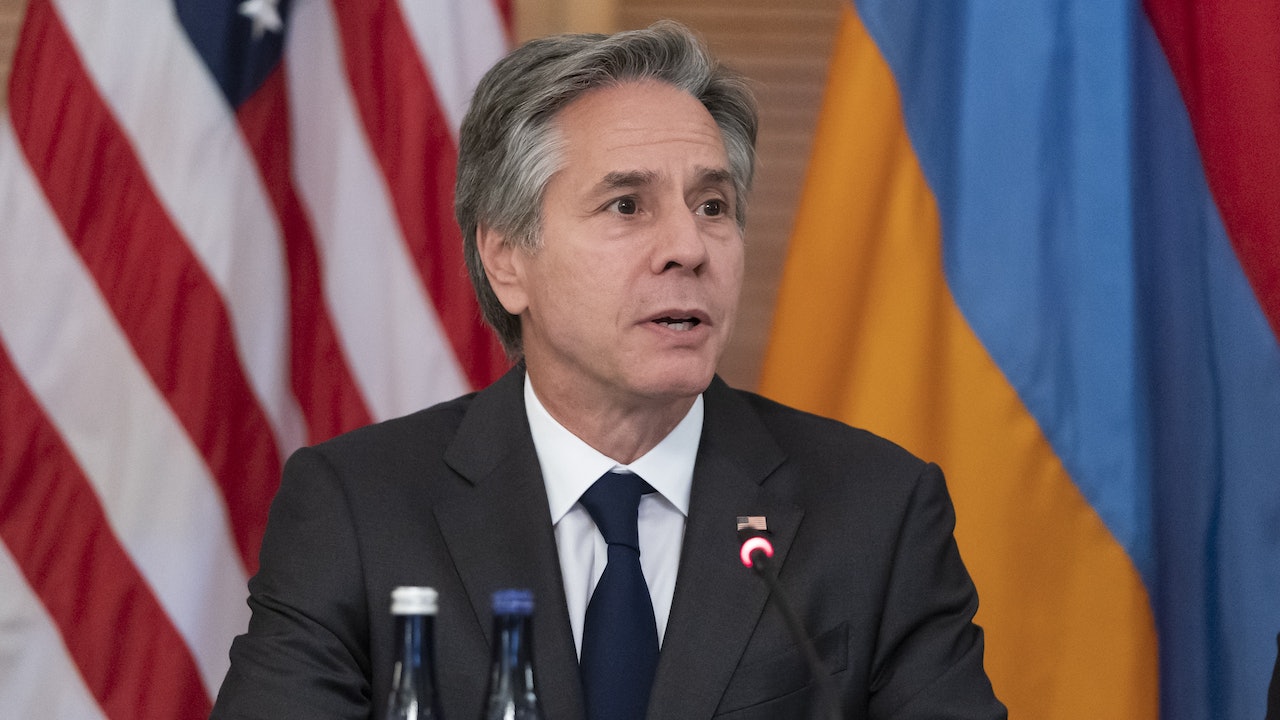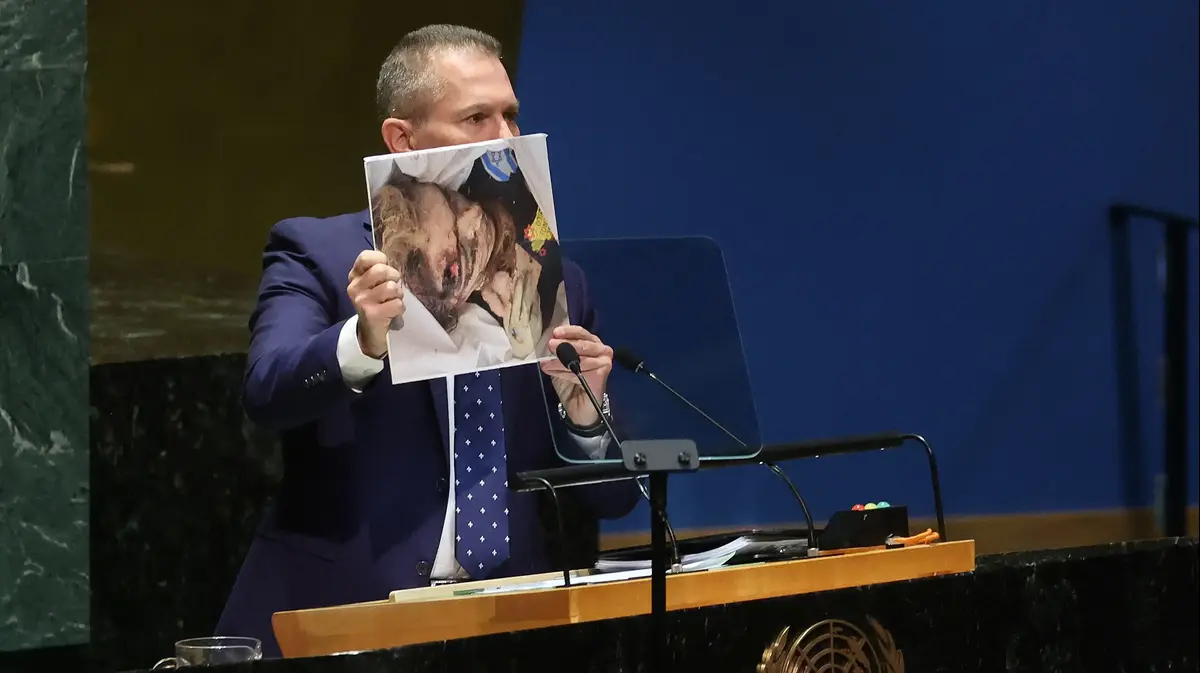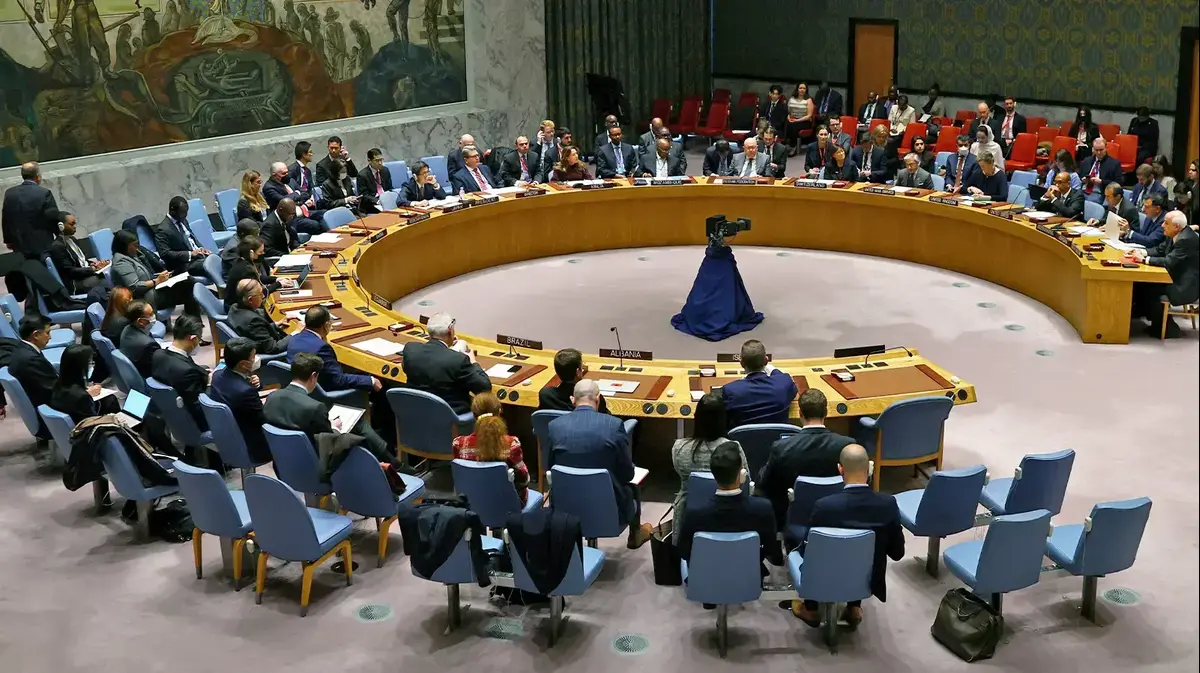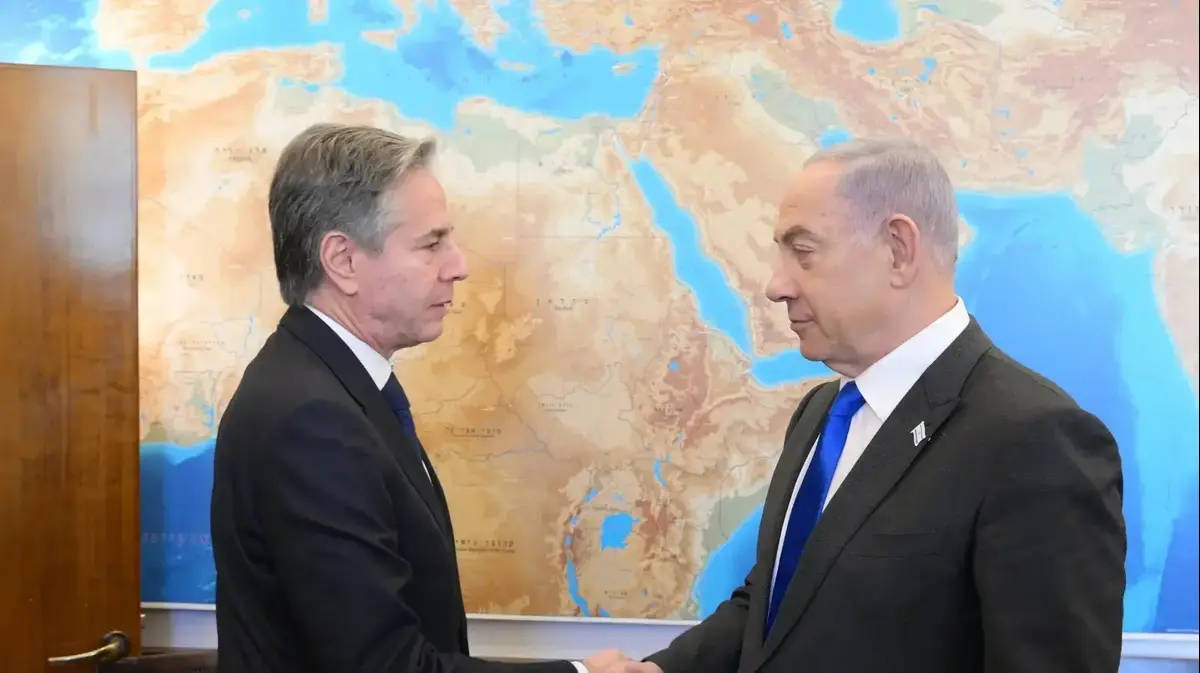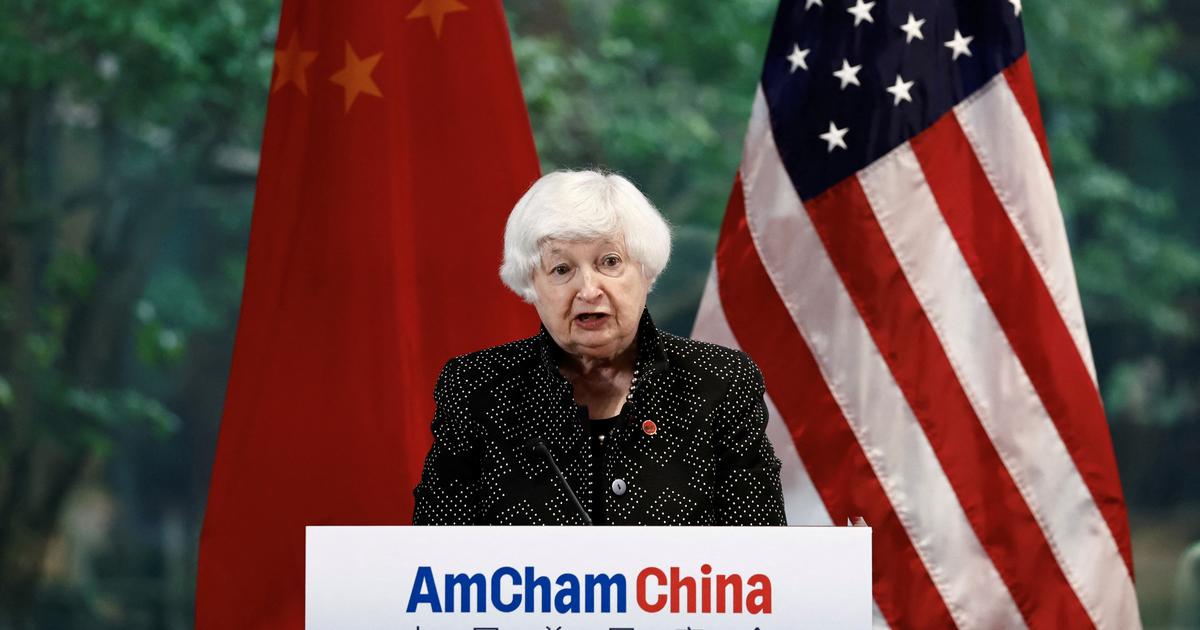According to multiple sources in the United States, U.S. Secretary of State Antony Blinken will visit China on February 5 and 6 to implement the consensus reached when the Chinese and U.S. leaders met in Bali, Indonesia.
However, at this juncture, according to sources familiar with the matter quoted by Bloomberg, the U.S. government is considering cutting off all ties between U.S. suppliers and China’s Huawei, and banning U.S. companies including Intel and Qualcomm. Suppliers supply any products to Huawei.
According to reports, some U.S. officials put forward this proposal to the Biden administration. If this policy is passed, all U.S. suppliers' license applications to supply Huawei will be rejected.
In addition, Reuters reported that three people familiar with the matter said that the U.S. government has stopped issuing supply licenses to U.S. companies to export products to Huawei, including items other than 5G, such as 4G, Wifi 6 and Wifi 7, artificial intelligence and High performance computing and cloud projects.
If these sanctions are true, it will be disastrous for Huawei.
Huawei originally had a global leading edge in the 5G field. Because of the severe sanctions imposed by the United States on the supply chain of related products, this advantage no longer exists, and related products can no longer be produced and supplied.
If these measures, which are more severe than 5G sanctions, are implemented in areas other than 5G, it will have a huge impact on the R&D, production and supply of most of Huawei's products.
U.S. Secretary of State Blinken will visit China in February.
(Reuters)
In the short term, Huawei can respond to sanctions by hoarding goods to buy time for supply chain replacement or self-development. However, considering that the United States is building a block alliance against China on chip supply, and domestic chip R&D and production will take time, Relying on stockpiling is certainly not an answer.
I believe that both Huawei and the Chinese government are looking for solutions to the most difficult situation that may come.
What we need to pay attention to is why the United States released this stimulating news just before Blinken's visit to China.
In fact, the United States has been using its monopoly advantage in the chip field to mobilize the entire national power to block technology against China, and the chip field has always been the focus of the blockade.
In addition to the four-nation chip alliance that the Biden administration has been working hard to build since it took office, it was reported just a few days ago that the United States had persuaded the governments of the Netherlands and Japan to reach an agreement to ban the export of key equipment in the field of chip manufacturing, such as lithography machines, to China. Block China's R&D and manufacturing capabilities in the field of high-end chips.
The picture shows that on January 12, 2023, Speaker of the US House of Representatives McCarthy spoke to reporters on Capitol Hill.
Some American media reported that McCarthy might visit Taiwan this spring.
(Reuters)
It stands to reason that before Blinken's visit to China, from the perspective of general state-to-state exchanges, the two sides should release some goodwill in order to facilitate the visit and achieve certain results.
Now that the United States has chosen to use its killing tricks against China in the field of chip supply before Blinken's visit to China, I am afraid that this matter is not that simple. It is very likely that this is a set of reverse combinations played by the United States to cooperate with Blinken's visit to China. The purpose is to strengthen Blinken's negotiating leverage during his visit to China, so as to achieve some of the visit results that the United States wants.
For example, in response to China's recent practice of selling U.S. bonds sharply, ask China to stop selling U.S. bonds and continue to buy and hold U.S. bonds; China has exercised restraint, and on this condition, it has relaxed its blockade measures in the chip field.
If this is the case, it will be difficult to say whether the United States can achieve its goal.
The bond issue can be discussed. The key is that China has repeatedly stated the policy red line on the Taiwan issue.
The large-scale military exercises against Taiwan triggered by Pelosi’s visit to Taiwan last year have shown China’s bottom line. Faced with more systematic and in-depth stimulation than Pelosi’s visit to Taiwan, it may be difficult for the Chinese government to exchange national sovereignty and security for the United States to relax its blockade. terms of exchange.
White House: Blinken's visit to China will discuss resuming multiple issues between the US and China. Blinken ends his visit to the Middle East, saying he is worried about the situation in Israel and Palestine.

